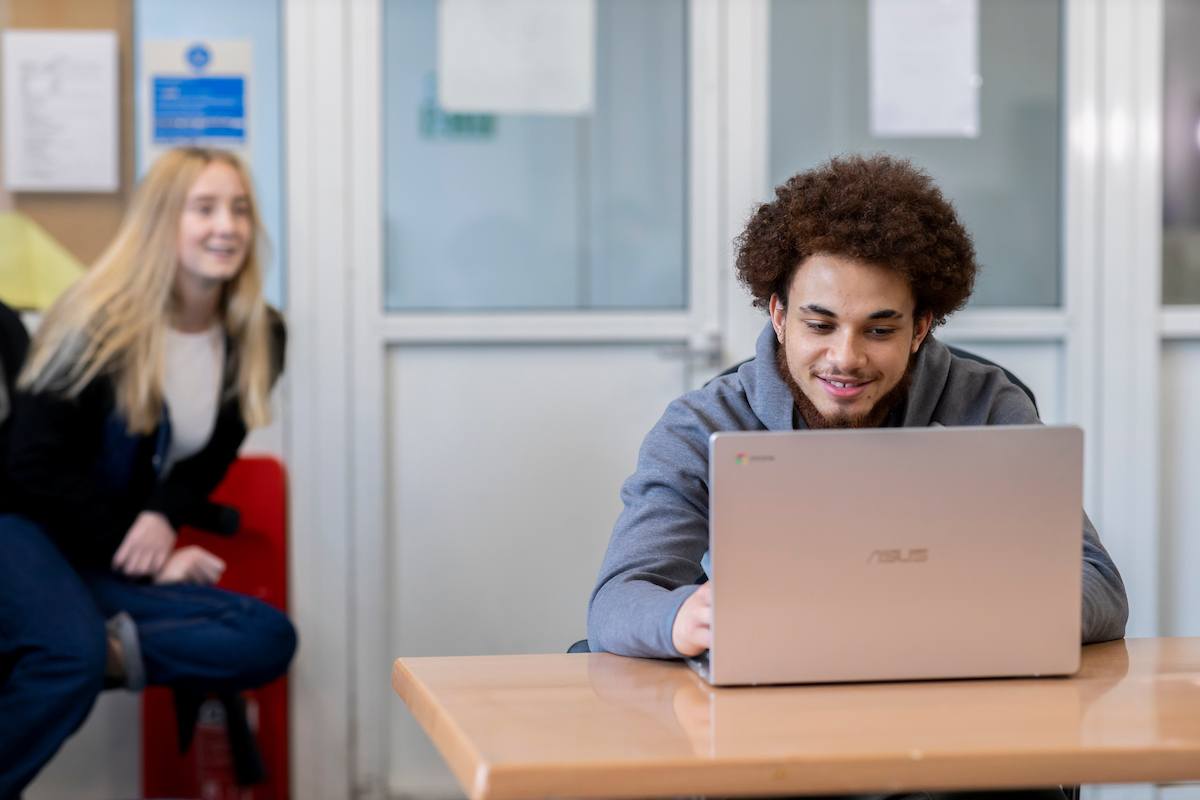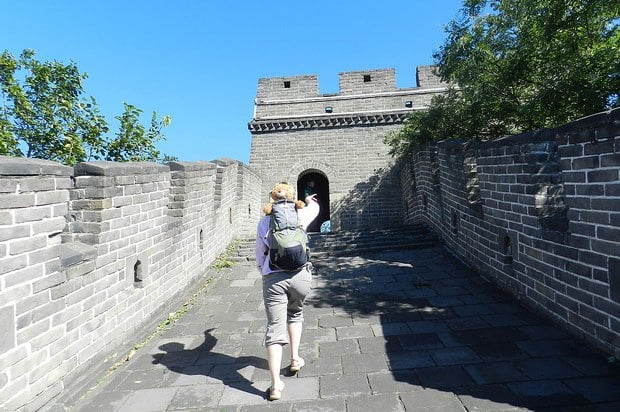Volunteer & charity work abroad with EVS
Back in the good ol’ days you used to be able to volunteer for charity work abroad throughout Europe, free of charge. Sadly, since the UK left the European Union, the UK’s funding for involvement in EVS (European Voluntary Service) is no more. Read on for an overview of what EVS was about.

What was EVS?
EVS allowed UK residents aged 18-30 to carry out a full-time charity work abroad. So you don’t just have to be in secondary school to apply! The time for a volunteer trip abroad could range from two weeks to a year. It was funded by the European Union’s Youth in Action programme, through the British Council.
It gets better. You didn’t need any qualifications to apply, and volunteers were selected regardless of their background. Plus, you could go anywhere in Europe and to some countries in neighbouring regions.
There were two types of EVS you could opt for:
- Short-term (from two weeks to two months)
- Long-term (from two to 12 months)
Travel and accommodation were completely covered by the scheme. You could even get pocket money to spend while you were out there. Basically, the aim was to learn more about other countries, mix with different people, and get more of those all-important (and fairly elusive) ’employability’ skills.
How did the EVS scheme work?
EVS worked in partnership with:
- a) The volunteer k.a you
- b) The sending organisation – An organisation that helps you apply and supports you while you’re doing charity work, a.k.a volunteering abroad
- c) The host project – the project you’ve chosen to work on whilst you’re out there
There was a massive range of host projects all over Europe which means that it offers volunteering in practically every area of interest. This includes things like sport, culture, social care, local community development and the environment, to list a few.
Unfortunately you won’t be able to work in marine conservation and save sea turtles in Costa Rica or volunteer to travel to South Africa under this scheme. For any international volunteering programs, in developing countries or otherwise, you’ll have to keep an eye on the IVS (International Voluntary Service) here.
“Young people get so much out of it. It really opens their eyes to life outside the UK,” says Chloe Foster, EVS administrator for sending organisation Concordia. “It’s important to remember that EVS isn’t just about work and volunteering. It’s about the whole experience and meeting people from other countries. Best of all, it’s open to everyone.”
What was it like to be on an EVS scheme?
Simon Thornton, 24, spent 10 months in Armenia on the EVS scheme, organised by a ‘sending organisation’ called Asha Centre.
“It was a once-in-a-lifetime experience. I met so many different people from so many different walks of life. People always talk about going on ‘gap yahs’ and finding themselves. And I know it seems corny, but this experience really did shape my life in such a positive way,” he says. “Some people spend thousands of pounds on volunteering projects abroad; saving for a year to hold a panda bear in a sanctuary in China. But I got this incredible experience without even having to pay a program fee.”
His experience actually inspired him to do a philosophy masters. Plus, he’s been offered a job back in Armenia after he graduates. “It’s not only been one of the most positive moments in my life, but it’s set me up for my future as well,” he says. “EVS isn’t you wanting to run away for a year and returning home back to square one – it’s equipping you with skills that make you more employable.”
How did people apply for EVS?
Sadly the UK’s Erasmus+ participation, which funded involvement in the EVS, is over. Previously you would have registered with an EVS sending organisation online to get the ball rolling.
Although it’s worth mentioning that it could take a while. For example, Chloe told us that it usually takes anywhere from 6-9 months.
“The process can be quite long. Although there are some last-minute opportunities that come up that mean you can go away quicker,” she says. “The good news is that the likelihood of getting a place is quite high. There are plenty of projects out there. In fact, there’s probably more projects than volunteers. So generally speaking everyone who applies ends up getting a volunteer placement.”
You can check out the rest of The Mix’s volunteering resources here.
Next Steps
- Chat about this subject on our Discussion Boards.
By Nishika Melwani
Updated on 30-Apr-2022
No featured article














